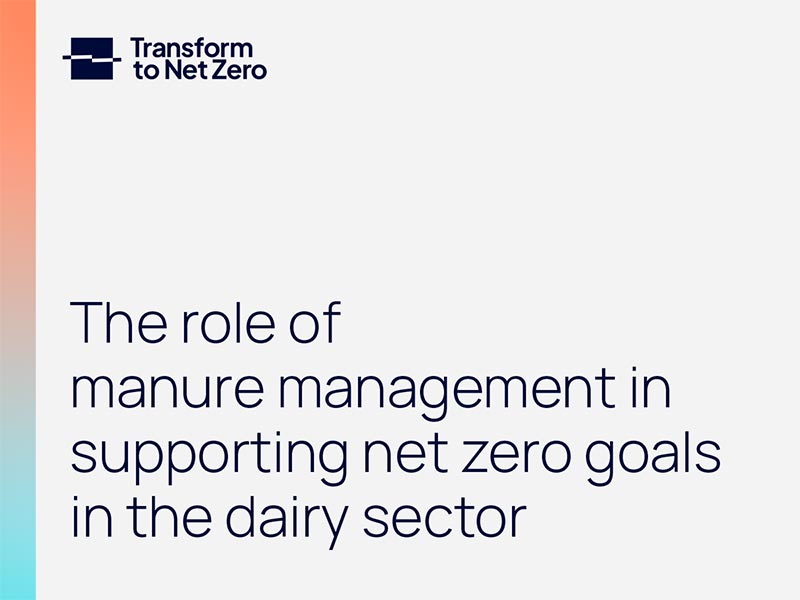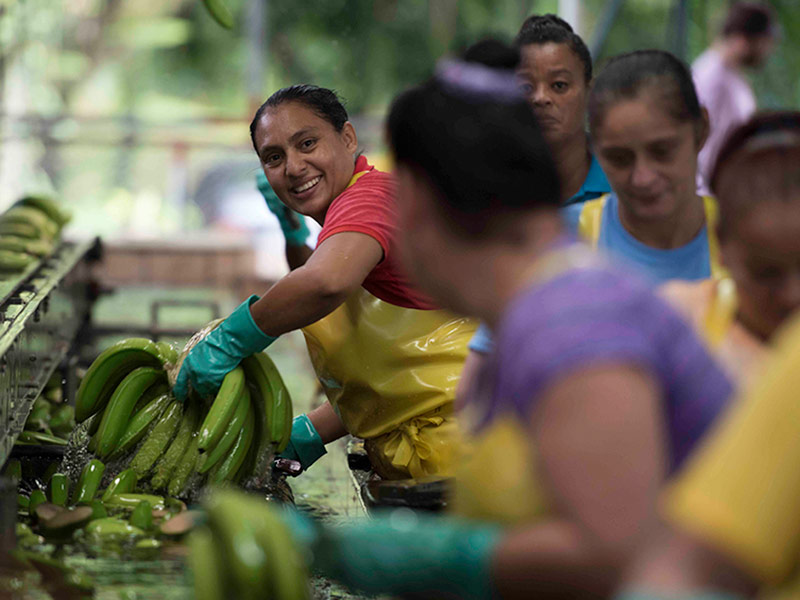The Challenge
AgroAmérica, one of Guatemala’s largest commodity crop companies, employs more than 8,000 plantation workers. Two of its banana farms have faced chronic work stoppages due to the generally poor relationship between the company, its employees, and the farm’s trade union. This has contributed to the farms’ low productivity as compared to other company farms, despite significantly better growing conditions. Deep mistrust between workers and company management is widespread in Guatemala and remains potent despite the end of the long civil war 15 years ago. This mistrust frequently results in ineffective dialogue and, thus, frequent work stoppages on unionized farms.
Our Strategy
We began this project, together with our local project partner, CentraRSE, by interviewing internal and external stakeholders—including workers, management, union leaders, and representatives from trade confederations and government ministries—to understand both the national context and the specific situation on the farms.
To tackle these challenges, we built a strategy centered on a series of workshops that brought together workers, union leaders, and farm administrators. We developed three main objectives for the workshops: First, strengthen the communication skills of participants; second, demonstrate the mutual benefits of working together; and third, build trust between the two sides by providing them with opportunities to work together in a safe environment.
We believed that the positive experience of the workshop would translate into better collaboration, and ultimately improved productivity, on the farms. The workshops also allowed us to create a safe space for participants to talk about difficult subjects that otherwise would not be discussed, such as poor supervisor communication and counterproductive worker actions. The workshops provided an opportunity for participants to put theory into practice—for example, by working together to analyze existing avenues for communication and agree on new ones.
Our Impact
In less than one year, the project has led to a 20 percent reduction in work stoppages, increased productivity, and a mutually agreed-upon goal of increasing 2010 production by more than 15 percent. Workers and supervisors now discuss performance against goals in small group settings, and both sides state that the quality and ease of communication have improved. For example, the company has installed secure suggestion boxes and three bulletin boards for both administrators and workers to post information such as production numbers, personal and professional development topics, and upcoming events.
The workers participating in the project noted that in a short time they have seen increased wages due to higher productivity. However, they also report pressure from some coworkers who still question why workers and union leaders are collaborating with management. To respond to this challenge, we have focused on increasing worker participation in the program and overall worker support for the project’s goals. AgroAmérica plans to extend this model to its other farms.
Let’s talk about how BSR can help you to transform your business and achieve your sustainability goals.








